NOW OFFERING KETAMINE ASSISTED PSYCHOTHERAPY
Ketamine FAQ's
What is Ketamine?
Ketamine is a dissociative anesthetic used medically for induction and maintenance of anesthesia. It is also used as a treatment for depression and pain management. Ketamine is an NMDA receptor antagonist which accounts for most of its psychoactive effects.
Ketamine induces a state of dissociative anesthesia, a trance-like state providing pain relief, sedation, and amnesia
Ketamine might be a good option for you if:
- Conventional psychiatry options haven’t worked for you
- You’re not making improvements in your depression, anxiety, bipolar, OCD, ADHD, or other forms of psychological distress
- Your side effects don’t counteract the level of improvement received with conventional approaches
Is Ketamine therapy safe?
Ketamine is found in nature, as it is produced by a fungus-like mushroom and has antiparasitic properties similar to ayahuasca. Thus, ketamine is a very safe and legal psychedelic that can bring about transformative healing for patients suffering from depression and trauma (including acute and chronic trauma, as well as attachment, transgenerational, and narcissistic abuse-related trauma). Ketamine is used in general surgery, trauma, and pediatrics because of how safe it is.
How does it work?
Ketamine works by interacting with the brain's glutamate system, which plays a key role in mood regulation, cognition, and neuroplasticity. Unlike traditional antidepressants that take weeks to show effects, ketamine can provide rapid relief by blocking NMDA receptors and increasing the availability of neurotransmitters that promote healing and connection in the brain.
How is it administered?
Nasal Spray
- Spravato
- Compounded (Racemic)
Intravenous (IV)
Intramuscular (IM)
What are the effects of Ketamine?
Immediate effects: During and shortly after a Ketamine infusion, people often report a rapid improvement in mood, relief from depressive symptoms, and a feeling of relaxation or dissociation. These effects may last a few hours after the treatment.
Short-term effects: After the immediate effects fade, people may experience a lingering sense of well-being or improved mood, which can last anywhere from 24 hours to several days. Some individuals may feel more mentally clear, less anxious, or more energized during this period.
Long-term effects: For many, the sustained benefits of Ketamine therapy such as a reduction in depressive symptoms can last 1-2 weeks, with some individuals experiencing improvement for up to 4-6 weeks. However, the duration of effects can depend on the individual’s response to treatment.
Are there any specific medical conditions that would prevent me from receiving treatment?
Cardiovascular Issues: Ketamine can increase blood pressure and heart rate, so individuals with uncontrolled hypertension, heart disease, or a history of stroke may need to be evaluated carefully.
Psychiatric Conditions: While Ketamine is used to treat depression and other mood disorders, individuals with a history of psychosis, schizophrenia, or bipolar disorder may need extra precautions, as Ketamine can sometimes cause dissociative symptoms or exacerbate psychotic tendencies.
Liver or Kidney Disease: Since Ketamine is processed in the liver, individuals with severe liver dysfunction may face higher risks of complications, and dosage adjustments or alternative treatments might be needed.
Pregnancy: Ketamine is not recommended for pregnant individuals due to its potential side effects on the developing fetus.
How quickly will I feel results?
Some patients notice improvement after just one session, while others may need multiple treatments to experience full benefits.
How many treatments will I need?
A typical course of Ketamine given orally or intranasally is about 6 weeks, while a course of intravenous (IV) or intramuscular (IM) can be given over the course of 2-4 weeks.
Is Ketamine therapy covered by insurance?
Ketamine treatments (other than Spravato) are still not covered by most commercial insurance plans as treatment is considered experimental and therefore requires cash-payment for treatment. Insurance typically still covers a second opinion for psychiatric evaluation and recommendations that may include the use of ketamine.
How do I book an evaluation?
Call us or click the following link to book online! We’re happy to answer any questions and guide you through the process.
https://holisticwellness.intakeq.com/booking
*At Holistic Wellness & Psychiatry, we offer Ketamine-Assisted Psychotherapy (KAP), meaning Ketamine treatment is provided alongside therapy. Research shows that combining Ketamine with psychotherapy leads to the best long-term results, helping patients process emotions, heal trauma, and create lasting change. For this reason, we require all patients to participate in therapy as part of their Ketamine treatment plan.
Pricing
*For inquiries about pricing and to learn more about treatment options, please contact us at (319)-800-2125 Before Your Appointment
How long does a session last?
- Nasal Spray: 2 hours
- Intravenous (IV): 45 mins - 1 hour
- Intramuscular (IM): 45 mins - 1 hour
Will I be awake during the treatment?
Yes, you will be awake during the treatment. Ketamine therapy is administered in a controlled setting, and while you may experience a sense of relaxation, dissociation, or mild sedation, you will remain conscious and able to communicate. Our team will closely monitor you throughout the session to ensure your safety and comfort.
What should I bring to my appointment?
We will provide you with water, snacks, a blanket, eye mask, noise-canceling headphones, and a device to play music on. If you wish to bring anything else to make yourself more comfortable, feel free!
Do I need to stop taking my current medications?
In most cases, you do not need to stop taking your current medications before starting Ketamine therapy. Before beginning treatment, we will review your medication list and work with your healthcare provider to determine the best approach for you. Please consult with our team before making any changes to your current medications.
Can I drive home after my session?
No, you should not drive yourself home after a Ketamine therapy session. Ketamine can cause drowsiness, dizziness, and impaired coordination, which may affect your ability to drive safely. We strongly recommend arranging for a friend or family member to take you home after your session.
Ketamine FAQs – American Society of Ketamine Physicians (ASKP)

What Is Ketamine?
Is Ketamine Right For You?
Patient Experiences
Current Ketamine Research
We Can Help Lead You On Your Path To Wellness – Let Us Join You On Your Journey
Practicing Locations (In-person and Telemedicine Appointments):
Cedar Rapids, Iowa
St Thomas, US Virgin Islands
Holistic Wellness & Psychiatry is a platform that provides services to affiliated psychiatric medical practices which are independently owned and operated, and in no way owns, directs, or controls the mental healthcare clinicians providing care.
This website has been reviewed by Holistic Wellness & Psychiatry and should not be used as medical advice in place of a licensed psychiatric clinician.
If you are in a life-threatening situation, don’t use this site. Call 988 or text 741-741 or call 911 or visit your nearest emergency room.
© 2024 Holistic Wellness & Psychiatry.
All Rights Reserved.
CEDAR RAPIDS, IOWA
Address
42 7th Ave SW, Suite 100
Cedar Rapids, IA 52404
Main Phone
(319) 800 2125
Fax
ST THOMAS, US VIRGIN ISLANDS
Address
9151 Estate Thomas Foothills Bldg, #106
St Thomas, USVI 00802
Main Phone
(340) 244 9658
LONG BEACH, CALIFORNIA
Address
4429 E. Village Rd,
Long Beach, CA 90808
Main Phone
(319) 800 2125



